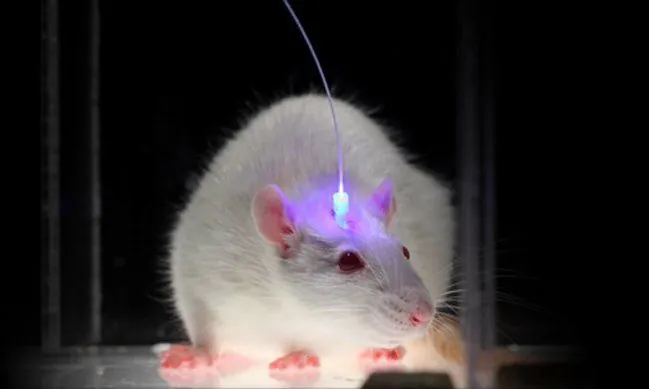Prolonged stress leads to memory problems and excessive anxiety
Kyiv • UNN
Researchers have found out the mechanism of prolonged stress's impact on memory and anxiety. Experiments on mice showed how stress disrupts the ability to distinguish between neutral and negative events.

The study published in Cell represents a real breakthrough, scientists believe. The results may help in the development of treatments for people with PTSD.
Written by UNN with reference to Nature.
Stress that persists for a long time and becomes uncontrollable can have serious health consequences, such as memory impairment and panic attacks.
A new study published in Cell describes how stress disrupts memory formation. Ryuichi Shigemoto, a neuroscientist at the Austrian Institute of Science and Technology in Klosterneuburg, considers the study a real breakthrough. The results could help develop treatments for people with PTSD and anxiety.
For reference
The study involved a complex three-stage experiment on mice. First, the scientists put some adult mice under stress by injecting them with the stress hormone corticosterone or keeping them in a small tube for 30 minutes, which increased the level of corticosterone in their bodies.
They then placed the mice - some stressed and some not - in a chamber and played a medium-pitched sound for 30 seconds, which was a neutral event. After a break, the mice were returned to the chamber and a high-pitched whistle was played for 30 seconds, followed by a 2-second kick to the leg, which mimicked a fearful event.
To test how the mice retained memories of this experience, the researchers placed the mice in a new environment and then observed the reaction.

Unstressed mice froze predominantly when they heard the high-frequency whistle, while stressed mice froze in response to both sounds, indicating that they could not distinguish between neutral and fearful events.
Media: 80% of Ukrainian children suffer from some form of PTSD29.09.24, 19:02 • 25215 views
Further experiments revealed a chain of events in the brain that created a larger engram (a biochemical change resulting from external stimulation) in stressed mice.
A small engram is created in response to a negative memory.
It's like a velvet rope in a nightclub: it only lets certain neurons into the nightclub. But under stress, excitatory neurons pump the brain with a neurotransmitter known as endocannabinoid. This leads to the formation of larger engrams. In other words, the velvet rope is lowered and many neurons can get into this exclusive club
The team was able to reverse the effects of stress on memory formation using two drugs, one of which is approved for early pregnancy termination, mifepristone. But the researchers warn that these drugs have side effects outside the brain, and are unlikely to be useful for humans yet.
Research shows that sleep can actually help you make good decisions13.11.24, 09:52 • 107664 views